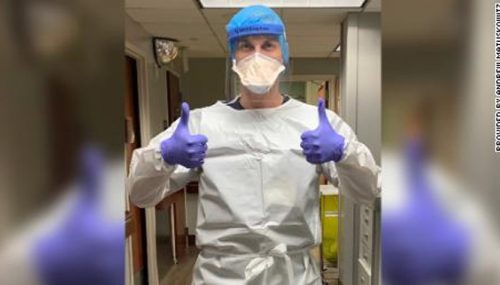There has been an outbreak of hepatitis C virus (HCV) in health care settings, due to a previously undiscovered pandemic strain. This new strain has resulted in serious health risks for healthcare workers. In these health care settings, there is a great need for educated decisions regarding the use of a vaccine that may protect against infection. As more healthcare workers are exposed to this virus regularly, there is a need to study and evaluate this new issue and its effect on the health and safety of healthcare workers. Based on the current information, it is clear that some healthcare workers are not getting cold vaccines for family members of workers currently vaccinated.
The Healthcare Workers
The previously untrained guesswork was that if the virus was not circulating, then the healthcare workers would be protected. That guesswork has now been invalidated. Based on the current outbreak and historical information, we now know that some healthcare workers are not getting the vaccine or are not getting enough of the vaccine to prevent serious illness or even death. One of the questions that should be addressed is why these workers are not getting the vaccine.
There Are Many Possible Causes
Some studies have shown that healthcare workers with immune suppression caused by illness or a disease other than HIV/AIDS are at increased risk for infection. Other causes include genetics, exposure to insecticides and chemotherapy drugs, exposure to toxins, and stress. The immune suppression can affect the cells that control the virus, making them more vulnerable to infection. Some viruses, such as the hepatitis B virus, do not require a vaccine to survive and thrive.
One way to protect healthcare workers from exposure to this virus is vaccination. The most commonly used vaccination is the rotavirus. It can be administered either during a person’s first visit to the healthcare facility or after continuous contact. Although there are no studies to determine whether or not vaccination prevents infection, there are ways to protect healthcare workers from exposure. For instance, healthcare workers should be aware of how the equipment they are using can cause contact with the virus and should wear masks if the equipment is used in a contaminated area.
A healthcare worker becomes infected with Covid-19 if they have one-to-one contact with a person who is infected with the virus. This does not mean that healthcare workers cannot have close, personal relationships outside of work. It just means that it is important for them to remember that they are working in a health care setting. If they do not follow proper precautions, they put themselves in danger of becoming infected. This does not mean that they cannot develop close relationships outside of their work. However, they must keep their relationships private and under their power, unless they are in an environment where they can make an informed decision based on the personal knowledge of the person.
The CDC and the US Department of Health and Human Services have released guidelines for healthcare workers who have had multiple contacts with a patient or who have engaged in intercourse with a person who has had previous contact with a patient and then become infected with the virus. These guidelines are called the C Hepatitis Treatment Training and Education Program. Healthcare workers will need to know and understand these guidelines to protect themselves and others. They must practice what is called “comprehensive quality management” throughout the healthcare organization. CPT is not intended to be a full-scale overhaul of how healthcare workers should work, but rather a guideline for them to follow to make sure they do not compromise their safety and the safety of others. By learning and following these guidelines, healthcare workers can help to protect the general public and make healthcare safer.

